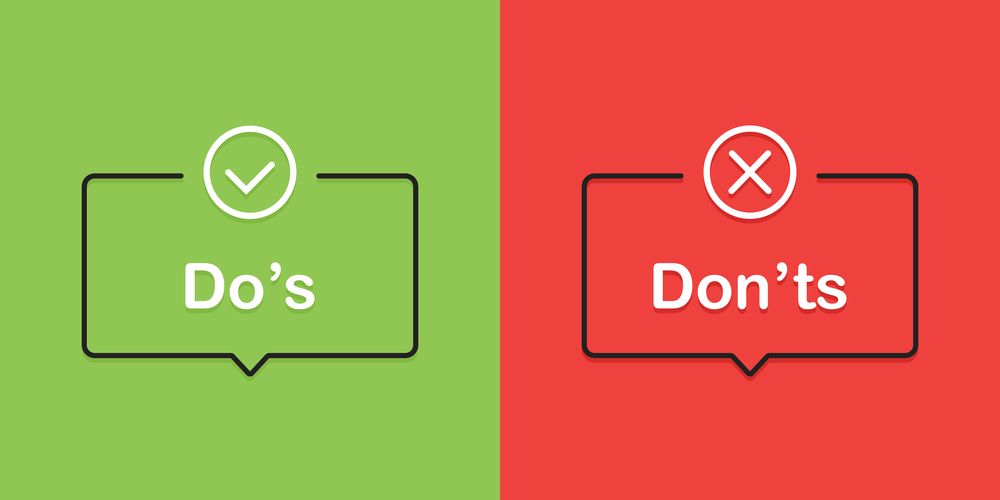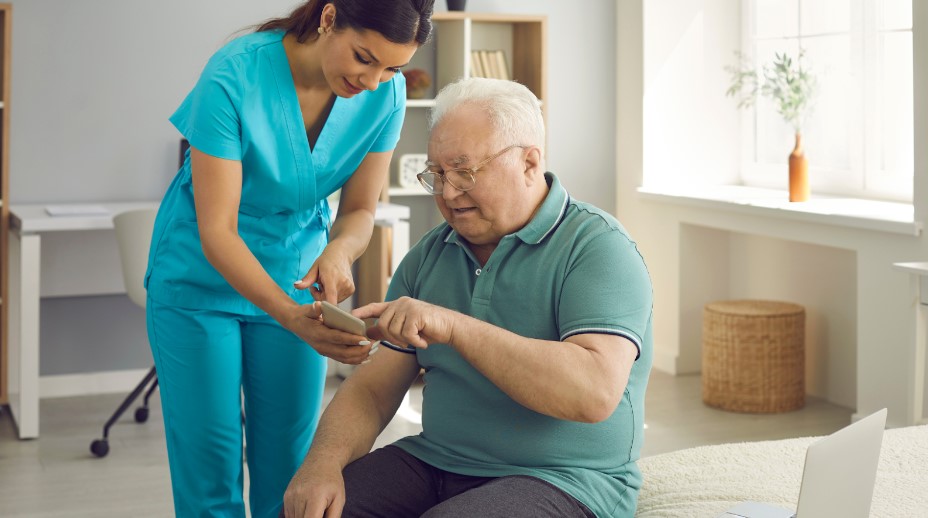Home health aides are invaluable additions to those needing assistance with daily activities. Still, it’s essential to clearly understand what exactly they can and cannot do for you. This blog aims to clarify what home health aides are not allowed to do so that those seeking caregiver support services or home health aides can make an informed decision amid their various options.
Too often, individuals presume the aide can provide a more extensive range of services than they are allowed. An initial assessment of your needs and the capabilities of the home health aide you’re considering is essential to unearth any potential issues. Taking these steps now will ensure that you receive proper care from your home health aide in the future.
Understanding Home Health Aide Limitations
Home health aides (HHA) are often a great help in caring for an elderly or disabled family member or friend in their own home. However, while HHAs can be counted on to provide various services, they need the authority to offer specific medical procedures. Therefore, unlicensed HHAs are not allowed to administer the following:
- Unlicensed HHAs cannot make clinical assessments, administer medications, prescription, or over-the-counter drugs.
- Combining different medications to make a single dose is strictly prohibited.
- Filling up reminder boxes with the prescribed doses of medications is also something that unlicensed HHAs should not do.
- Giving medical advice or providing care based on such advice is not within their purview.
- Performing assessments to ascertain patients’ overall well-being and making changes in treatments as per the results of such evaluations are tasks that must be left only to licensed medical professionals.
- Providing medical care, ranging from simple open wounds to more complex operations and procedures, is something that an unlicensed HHA cannot perform due to the lack of authority and certification.
If you and your loved one feel that this type of assistance is needed, it’s important to enlist the services of someone who is licensed and qualified for those duties.
Understanding these limitations is essential for setting realistic expectations and to properly assist patients. It ensures that home health aides can focus on their strengths—providing compassionate, non-medical support that enhances the quality of life for those they serve. It also underscores the importance of having clear, open communication between patients, families, and aides to ensure that the care provided aligns with the patient’s needs and legal in-home care regulations.
Legal and Safety Considerations
The tasks that home health aides can and cannot do are deeply rooted in legal and safety frameworks designed to protect both the patient and the caregiver. These laws and regulations are specific to each state and are in place to ensure that only qualified professionals perform medical tasks. As mentioned, while a home health aide can assist with physical activities, provide companionship and help monitor the patient’s health status, they cannot perform tasks that are considered medical interventions, such as inserting catheters or administering injections, unless they have the specific training and certification to do so, and even then, only under certain conditions.
These caregiver legal restrictions are critical in maintaining a high standard of care and in preventing accidental harm that could arise from well-intentioned but unqualified individuals attempting to provide medical care. For families and patients, understanding these legalities helps in selecting appropriate care and in advocating for safe, effective support within the confines of the law.
Medication Management Restrictions
Medication management is a critical component of home health care, yet it is an area fraught with strict limitations for home health aides. They play a crucial role in supporting the medication routines of patients—organizing pillboxes, providing reminders for scheduled doses, and documenting medication intake. However, the actual administration of medication—such as measuring liquid medicines, providing pills directly to the patient, or applying topical medications—often falls outside their scope of practice.
The rationale behind these elderly assistance boundaries is to minimize the risk of medication errors, which can lead to adverse health outcomes. It is a safeguard that ensures the person administering medication has the appropriate medical training to understand dosages, potential side effects, and interactions with other medications. For patients and families, this means ensuring that a qualified healthcare professional is involved in the more clinical aspects of medication management, while home health aides can offer supportive roles in the medication process.
The Scope of Home Health Aide Services
A home health aide is a trained professional who provides non-medical services to people living in their homes, usually those recovering from or managing illness and disability. Their primary role is to provide personal care aide, companionship, assistance, and support and help clients take medications on schedule.
Home health aides differ from other types of in-home care services, like personal care aides and hospice services, in that they work under the supervision of nurses or physicians to provide medical treatments and products. They are also trained to observe a patient’s physical condition, mental state, and emotional needs. They can report these observations, and any changes noted to the medical personnel caring for the patient.
Home healthcare aide responsibilities include:
- Helping with day-to-day activities such as getting dressed, eating, grooming, bathing, and using the bathroom.
- Carrying out light housekeeping duties like washing clothes, doing dishes, and changing bed sheets.
- Going shopping for groceries and personal hygiene items.
- Driving to and from doctor appointments.
- Checking blood pressure, respiration rate, and pulse.
- Monitoring physical and mental health by maintaining a healthy diet, providing exercise guidance, and helping with bathroom visits.
- Be prepared for accidents or medical emergencies like a heart attack or stroke.
Home health aides also provide emotional support to their clients by getting to know them personally and providing much-needed companionship during difficult times. In short, the role of a home health aide is to help patients continue living independently in their own homes for as long as possible by providing them with all these vital care services.
Training And Certification Of Home Health Aides
Home health aides (HHAs) offer invaluable services to individuals who require assistance with daily living activities at home. However, they must complete the necessary training and receive proper home health aide certification to provide a quality standard of care. According to the U.S. Department of Health and Human Services (HHS), HHAs are required to have 75 hours of training and pass an examination. The training is typically delivered through a combination of classroom and hands-on clinical training
Those who work at in-home care agencies must also pass a competency evaluation or receive state certification to ensure they have the qualifications necessary to provide this crucial assistance. Ensuring HHAs are up-to-date on their training and certified ensures clients who need in-home assistance can trust that their aides understand how best to help them live safely and independently.
Frequently Asked Questions
Can home health aides diagnose health conditions?
No, home health aides are not licensed to diagnose health conditions. Their role is to provide non-medical support and assistance with daily living activities.
Are home health aides allowed to administer injections?
Generally, home health aides are not permitted to administer injections. This task requires the expertise of a licensed healthcare professional, although specific regulations can vary by state.
Can a home health aide help with wound care?
Home health aides can assist with basic wound care, such as applying band-aids to minor cuts. However, care for serious or surgical wounds typically requires the skills of a nurse or other medical professional.
Is it legal for home health aides to manage a patient’s finances?
Home health aides should not manage a patient’s finances. Their primary responsibilities are centered around personal care tasks and assistance within the home.
Can home health aides assist with medication management?
Yes, home health aides can assist with medication management by providing reminders to patients to take their medications and helping to organize medication schedules. However, they cannot administer medication directly.
Conclusion
Overall, it’s essential to understand the responsibilities and patient care limitations of home health aides. While they are a helpful and valuable resource for providing round-the-clock care within the comfort and familiarity of home, it’s important to remember that they cannot replace the services of a nurse or doctor.
Familiarizing yourself with what they offer can help you make an informed decision when selecting a home healthcare provider. In addition, quality home health care can be vital to maintaining good physical, mental, and emotional health. As such, take your time to discover all the facts before committing to receiving care from a certified home health aide or agency provider like Care & Help Home Care.
Secure the Best Care with Our Home Health Aides – Contact Care and Help Home Care Today!








